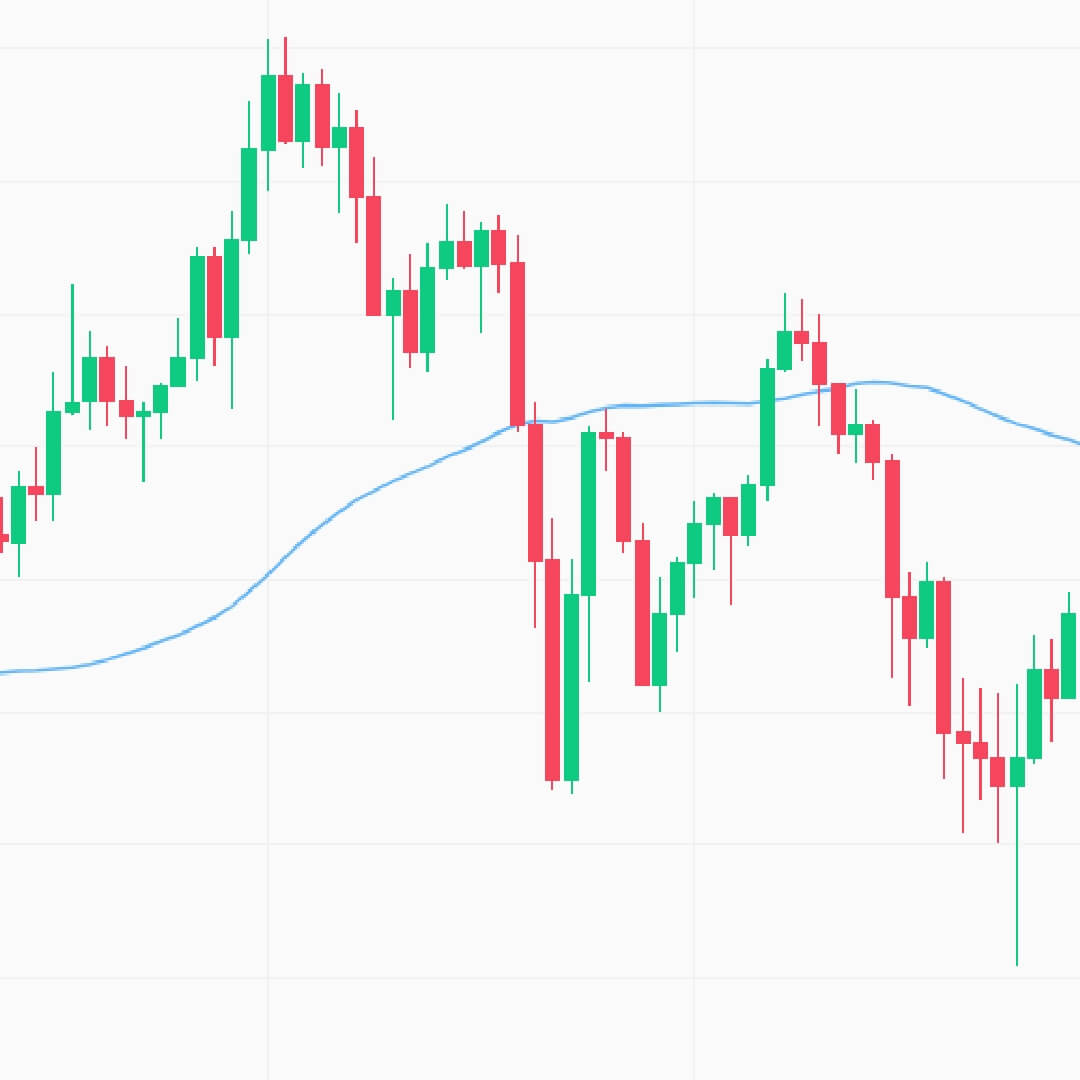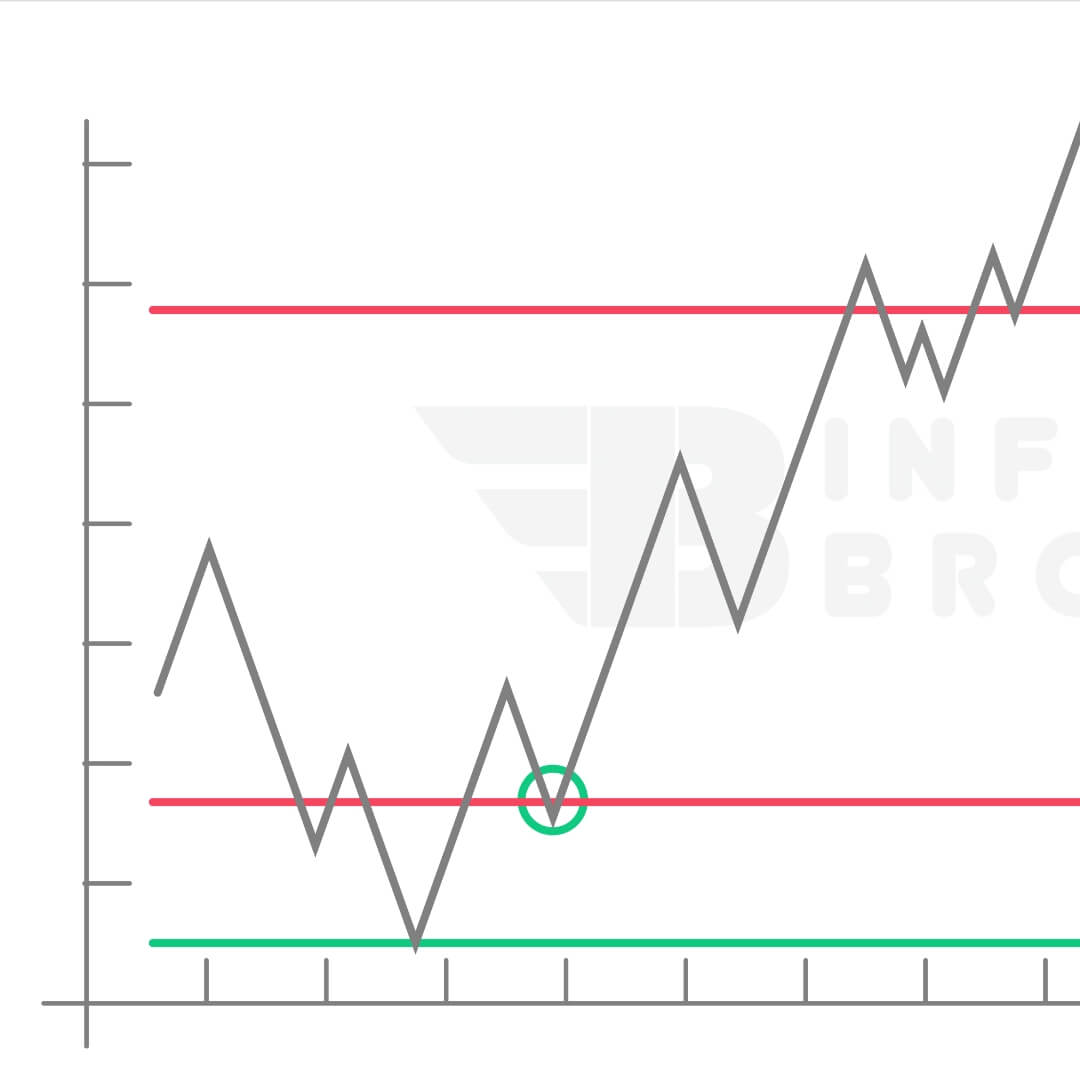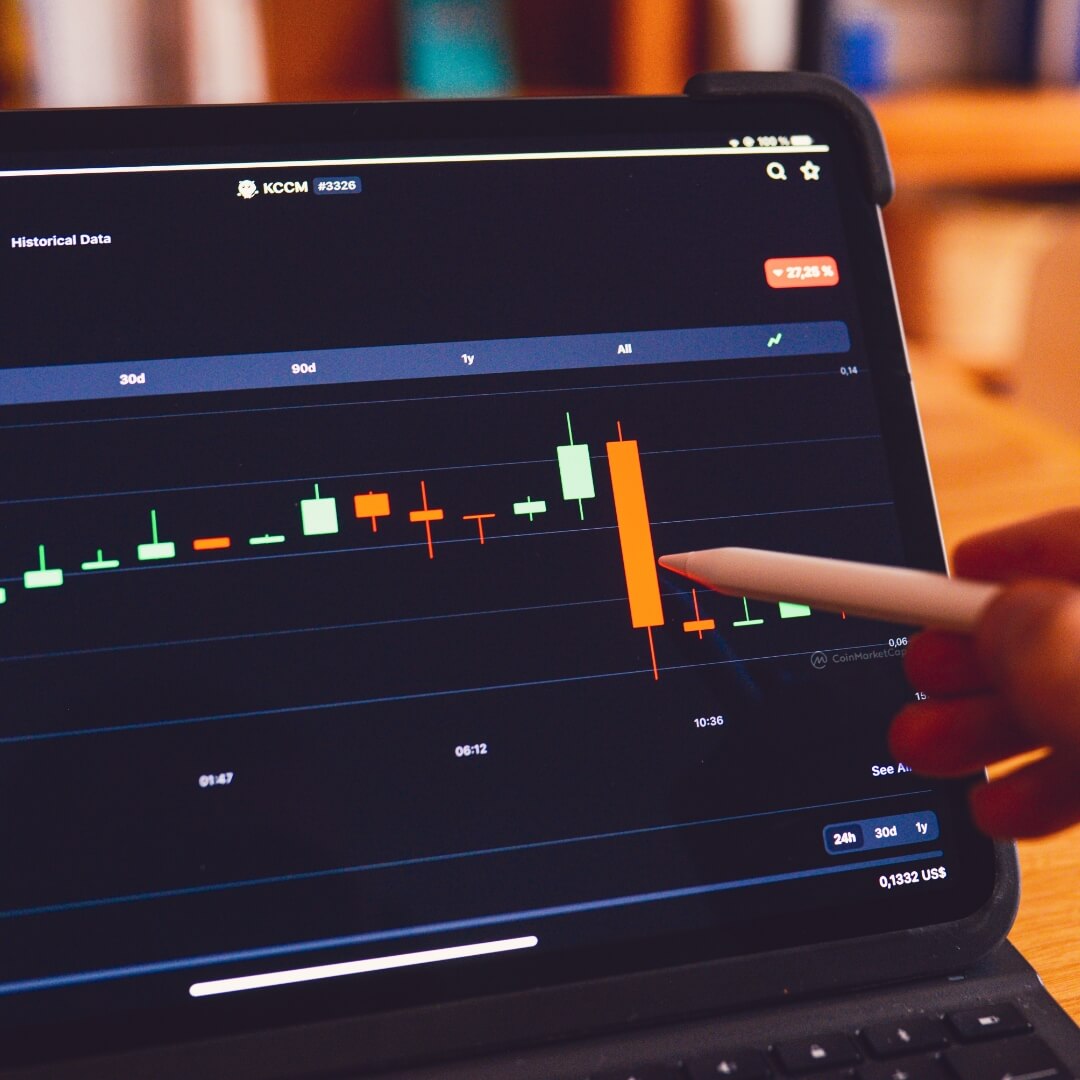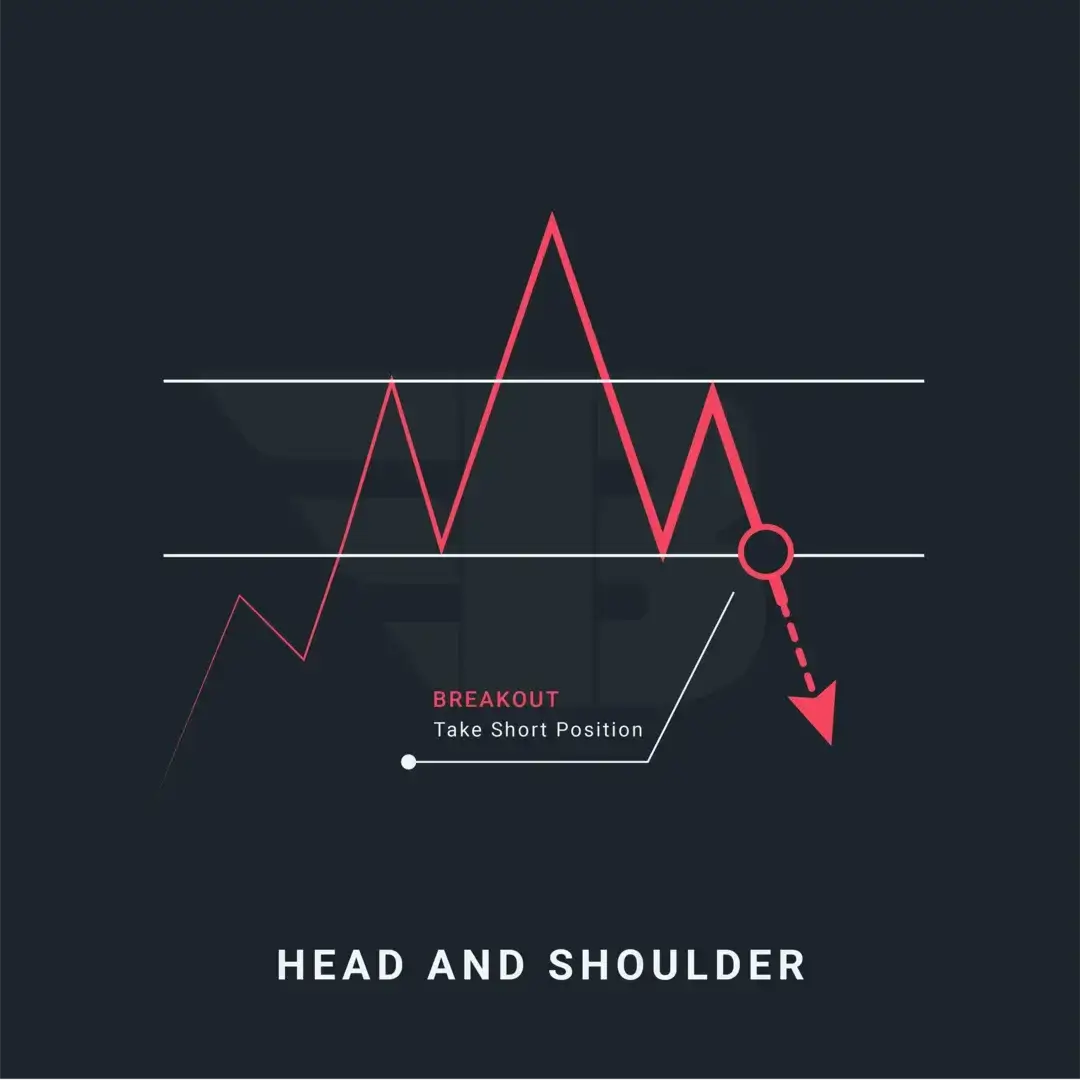The Time Value of Money - Why Time is Your Greatest AssetTime=Money! Why You Must Start Investing Now
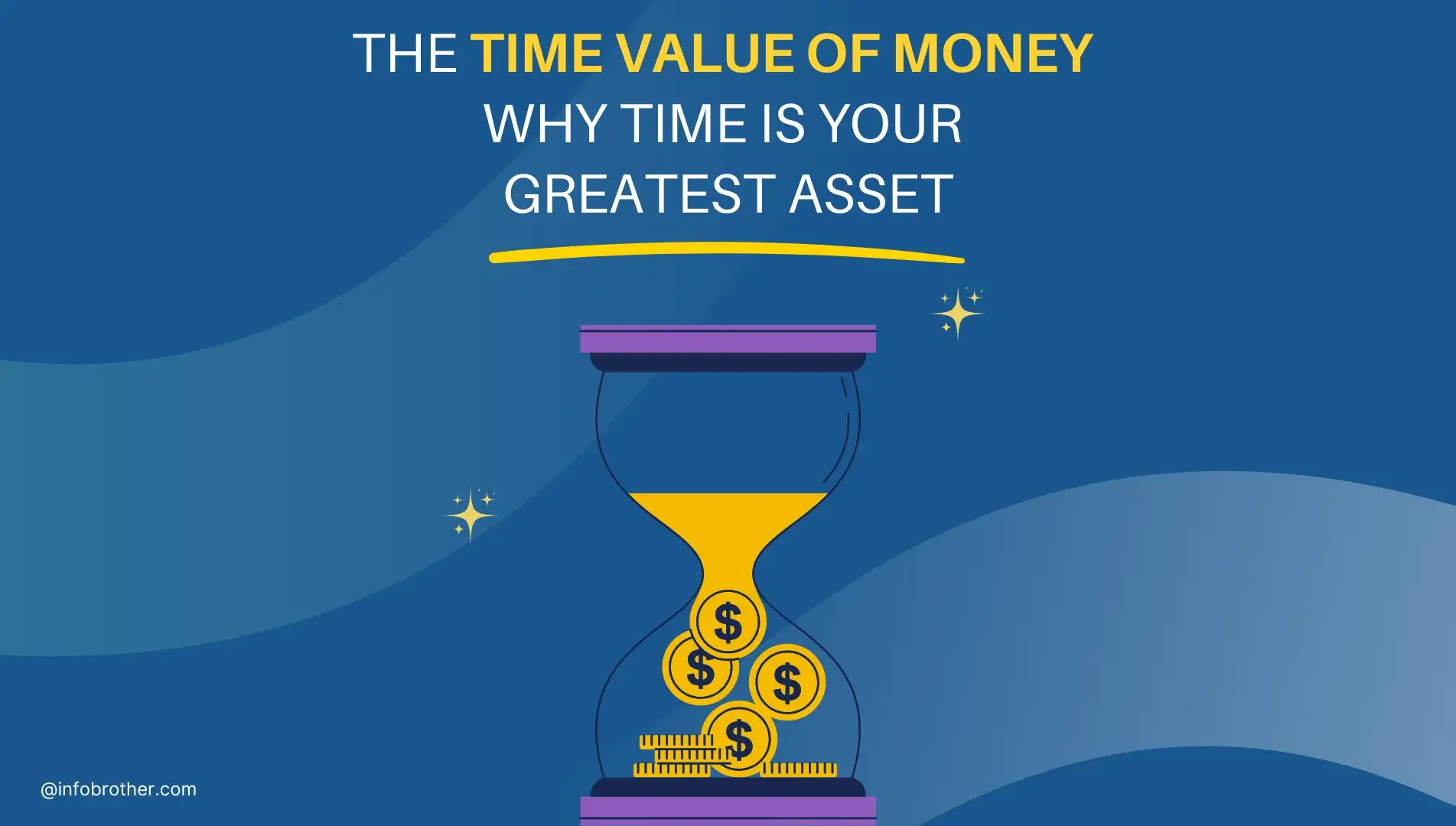
Key Takeaways
Understanding the Impact of Inflation on Your Money
Let's delve into why your money loses value over time and how making smart investment choices can counteract this effect.
Inflation is the gradual decrease in the purchasing power of money. Even a modest annual inflation rate, such as 2.5%, can erode the value of your savings significantly. When prices for goods and services rise over time, each dollar you hold buys a little bit less than it did before. This means that if you're not making your money work for you, its value diminishes as time goes on.
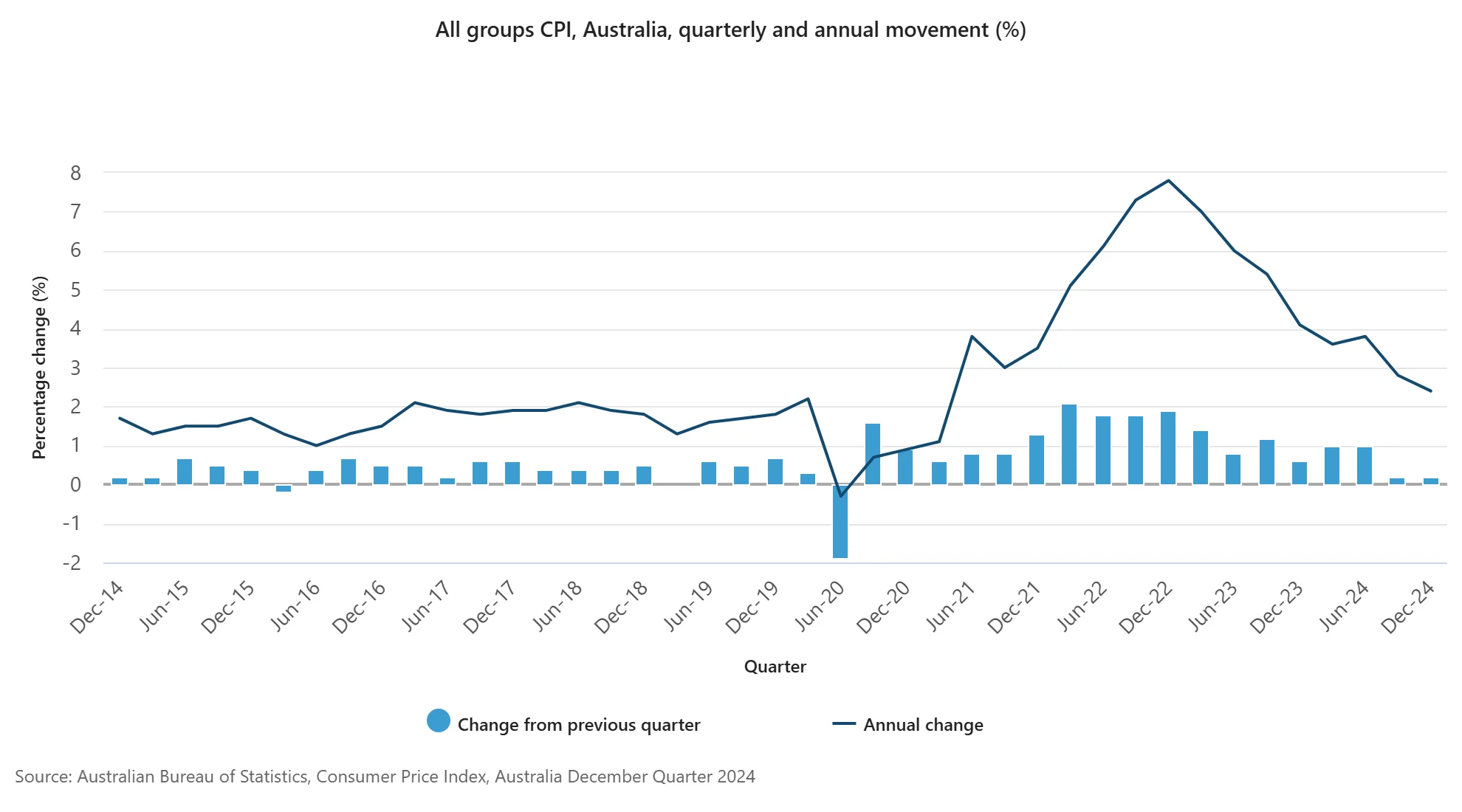
This graph shows the Consumer Price Index (CPI) movements in Australia, both quarterly (bar chart) and annually (line chart), from December 2014 to December 2024. The CPI measures inflation, indicating how the cost of goods and services changes over time.
Consider this: five years ago, a cup of coffee cost $2.5, but now it's $5. This simple example illustrates how inflation quietly chips away at the worth of your money.
Money left sitting idle, especially in environments with low interest rates, steadily loses its value. It's crucial to find ways to put your money to work for you. While keeping cash on hand for emergencies is important, letting large sums of money sit idle in low-yield accounts means missing out on potential growth opportunities. By exploring investment options that offer higher returns, you can combat the effects of inflation and ensure that your money maintains its purchasing power over time.
Enter compound interest, your financial ally. This concept involves earning interest not just on your initial investment but also on the interest it accumulates over time, leading to exponential growth in your investments.
Let's crunch some numbers: imagine you deposit $10,000 into a regular savings account earning a 1% interest rate. In 10 years, with an average annual inflation rate of 2-3%, you'll actually lose money in real terms.
Now, if you invest that same $10,000 at a 5% annual rate, in a decade, it could grow to approximately $16,300. That's the power of compound interest in action, demonstrating how investing wisely can preserve or even increase your wealth over time. By harnessing the potential of compound interest, you can make your money work harder for you and achieve your long-term financial goals more efficiently.
Understanding the Rule of 72 can help estimate how long it takes for an investment to double in value. Simply divide 72 by the interest rate to find out the approximate number of years.
For instance, with a 4% interest rate, your investment doubles in about 18 years. Increase the rate to 8%, and it halves to just 9 years. At a 10% interest rate, your investment doubles in around 7 years. This rule provides a simple yet powerful tool for evaluating the growth potential of different investment opportunities and making informed decisions about where to allocate your resources for maximum impact.
Consider the investment strategy of Alina, who focuses on innovative tech stocks. Over a decade, this approach led to significant growth in her portfolio.
By staying informed about emerging trends and identifying promising investment opportunities, you can potentially achieve similar success in growing your wealth over time. Whether it's investing in technology, real estate, or other asset classes, the key is to diversify your portfolio and remain adaptable to changing market conditions.
To stay ahead of inflation, look for investments that offer returns higher than the current inflation rate. This is crucial for safeguarding your purchasing power. Diversifying your investments across various assets like stocks, real estate, and mutual funds can provide higher returns compared to traditional savings, thereby helping your wealth to flourish. By carefully evaluating your risk tolerance and investment objectives, you can create a well-rounded portfolio that balances potential returns with the level of risk you're comfortable taking on.
Take a moment to review your savings. Are they outpacing inflation? What investment options could potentially accelerate your financial growth?
In summary, we've explored how inflation gradually erodes the value of money and the importance of making astute investment decisions. We've examined how inflation affects our daily expenses and the adverse consequences of letting our money sit idle, particularly in low-interest environments. Finally, we've encouraged reflection on personal savings and investment choices, highlighting the enduring benefits of comprehending and leveraging compound interest to achieve financial stability.


